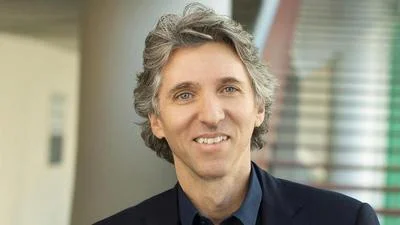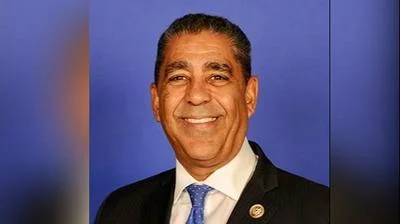Bryan T. Kelly, MD, MBA President and Chief Executive Officer | Hospital for Special Surgery
Bryan T. Kelly, MD, MBA President and Chief Executive Officer | Hospital for Special Surgery
A study at HSS Florida, part of the Hospital for Special Surgery in West Palm Beach, is exploring the impact of joint replacement surgery on golfers using a high-tech simulator. The research targets patients with knee, hip, or shoulder arthritis to assess how these conditions affect their golf game. Participants will be evaluated before and after surgery to gauge improvements.
Dr. Ryan W. Simovitch, director of the shoulder division and co-medical director at HSS Florida, leads the study. He highlights the advanced technology used: "High-end golf simulators have optically enhanced radar tracking technology that provides a considerable amount of data in terms of golf swing, ball launch and ball flight." This setup aims to provide an immersive virtual golfing experience.
The study employs a sophisticated motion analysis system called DARI alongside the simulator. Dr. Simovitch explains: "We will perform motion analysis of the torso, shoulder, elbow, hip and knee while simultaneously looking at vital information provided by the golf simulator such as ball spin, distance, trajectory and smash factor."
One participant is Rodger Hess from Jupiter, who recently underwent shoulder replacement surgery. At 86 years old, Hess has been playing golf since his youth and participated in pre-surgery testing on the simulator. He expresses curiosity about his post-recovery range of motion: “I’m curious to see what my range of motion is after my recovery compared to before the surgery.”
The study plans to follow up with up to 300 patients over two years to track their progress. Dr. Simovitch suggests that findings could influence rehabilitation practices or even surgical techniques for golfers.
In addition to this study, HSS facilities in New York City and Florida use similar simulators to assist players recovering from injuries or surgeries by providing objective data that complements medical advice and rehabilitation programs.






 Alerts Sign-up
Alerts Sign-up